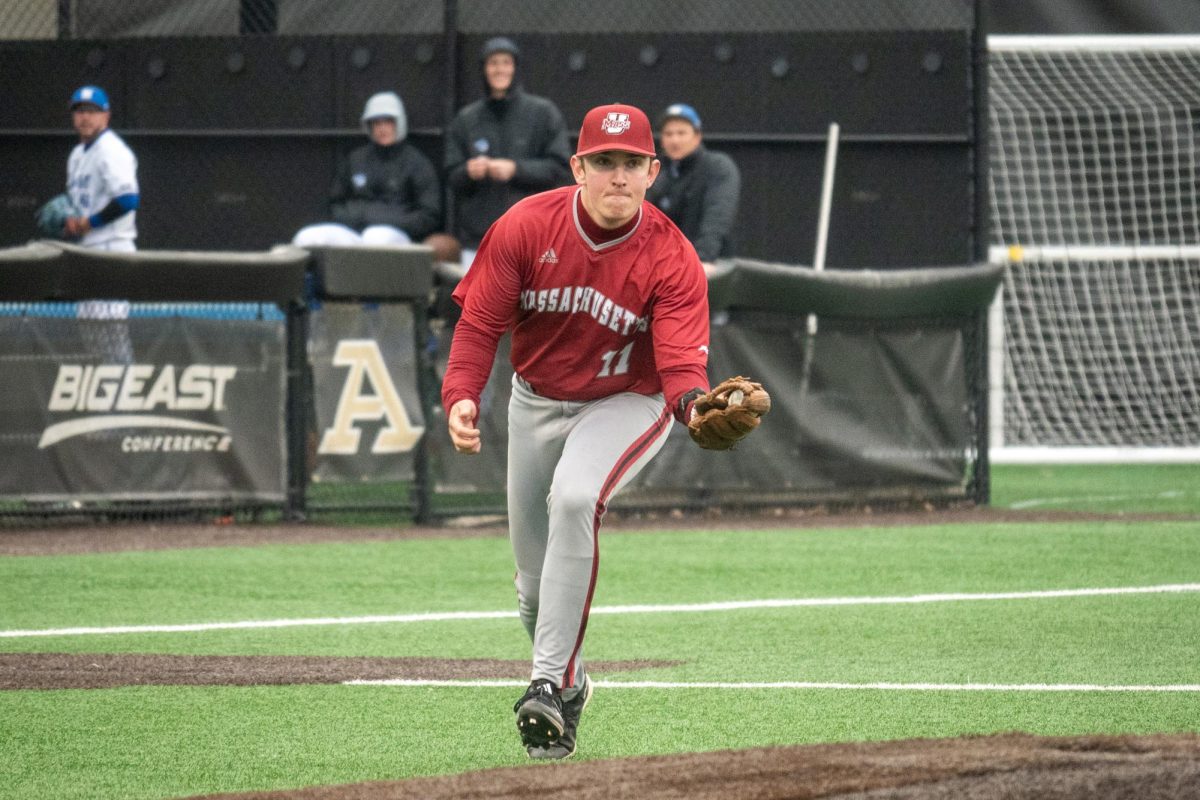The American Association of University Professors (AAUP) held Campus Equity Week Oct. 29 through Nov. 4 to increase awareness for part-time and full-time professors who are not tenured or on track for tenure.
Throughout Campus Equity Week, faculty across the country met in localized groups to discuss and protest the lack of tenured professors in universities across the United States.
Meeting officials hosted social events, hearings, discussions, and surveys to gather information about working conditions, payment opportunities, and general statistics. They also organized petitions and letter-writing campaigns to help promote national awareness and potential benefits for underprivileged professors.
“There are part-time, non-tenured professors and full-time, non-tenured professors,” said the AAUP’s director of communications Gwendolyn Bradley. “Both have no academic freedom protection, for instance, they cannot freely talk about the Bible without risking their jobs. Part-time, non-tenured professors make up about half of the faculty, and are additionally often paid less, do not get benefits and lack the academic support to stay current in their field.”
The position of tenure awards professors with a permanent job for an indefinable amount of time and can only be removed under circumstances such as voluntary leave, retirement, and justifiable termination.
Almost half of the professors in the U.S. work in part-time positions with lower wages, less benefits, and only partial job security. As of 2007, only 32 percent of university faculty members are tenured or on the tenure-track, as compared to the 97 percent forty years ago.
“I think that the decrease in tenure positions is due to the increasing concern of academic liability,” said University of Massachusetts student Amy Nash. “It is also due to the decrease in the university funds available. At the same time, many professors are more and more qualified, which increases competition.”
As of fall 2006, 716 out of the 1,169 faculty members at UMass hold tenure positions.
“Associate and full professors at UMass hold tenure, the individual is hired as an assistant professor,” said Donna Marino, Director of Academic Personnel at the UMass Provost’s Office. “Non-tenured professors teach lectures. Some [non-tenured professors] teach all their lectures here, and we also have part-time lecturers.”
Some students at UMass are pleased by the higher proportion of tenured professors on their campus.
“Tenure allows for greater academic freedom and flexibility,” said Nash. “It also allows professors to provide the university with original ideas, because they are pursuing subjects they are passionate about.”
However, other students have a different opinion.
“I am conflicted,” said UMass student Shelley Etkin. “On the one hand, I do believe that tenure gives job security, given that teaching positions are under-respected and difficult to retain, this aspect is very important. On the other hand, tenure may also disadvantage younger teachers who may have more engaging and progressive methods of teaching.”
Still others felt that good professors should be rewarded for their work.
“My college writing professor is not tenured, and he is very passionate about his work,” said student Alex Lombardi. “It is unfortunate that he does not receive benefits for his hard work,”
Bradley continued saying that in order to benefit the institution and professors, universities should make more of an effort to hire full time professors and give more professors tenure.
“We understand that many universities have financial problems,” said Bradley. “But we argue that the point of the institution is teaching, and prioritizing the instructional budget. Instead of spending money on new gyms, spend it on the professors.”
Many students share the view that professors should have more equalized opportunities.
“Non-tenured professors must always be very careful of the decisions they make and students actions they support for risk of losing their jobs” said Etkin. “The fact that they cannot always write letters of recommendation means that they cannot take an invested interest in the pursuits of their students. Tenure also creates hierarchy amongst professors, which is counterproductive to a student’s environment.”
Several others believe students should have a say in which professors receive tenure positions.
“I think that in order to officially receive a tenure position, a professor needs be reviewed by both the faculty and the students,” added Lombardi. “These reports will indicate that the teaching methods are both reliable and effective. After all, a professor should receive awards based on merit, and not his or her age or experience.”
Lisa DeBenedictis can be reached at [email protected].
Shruti Sehgal can be reached at [email protected].






